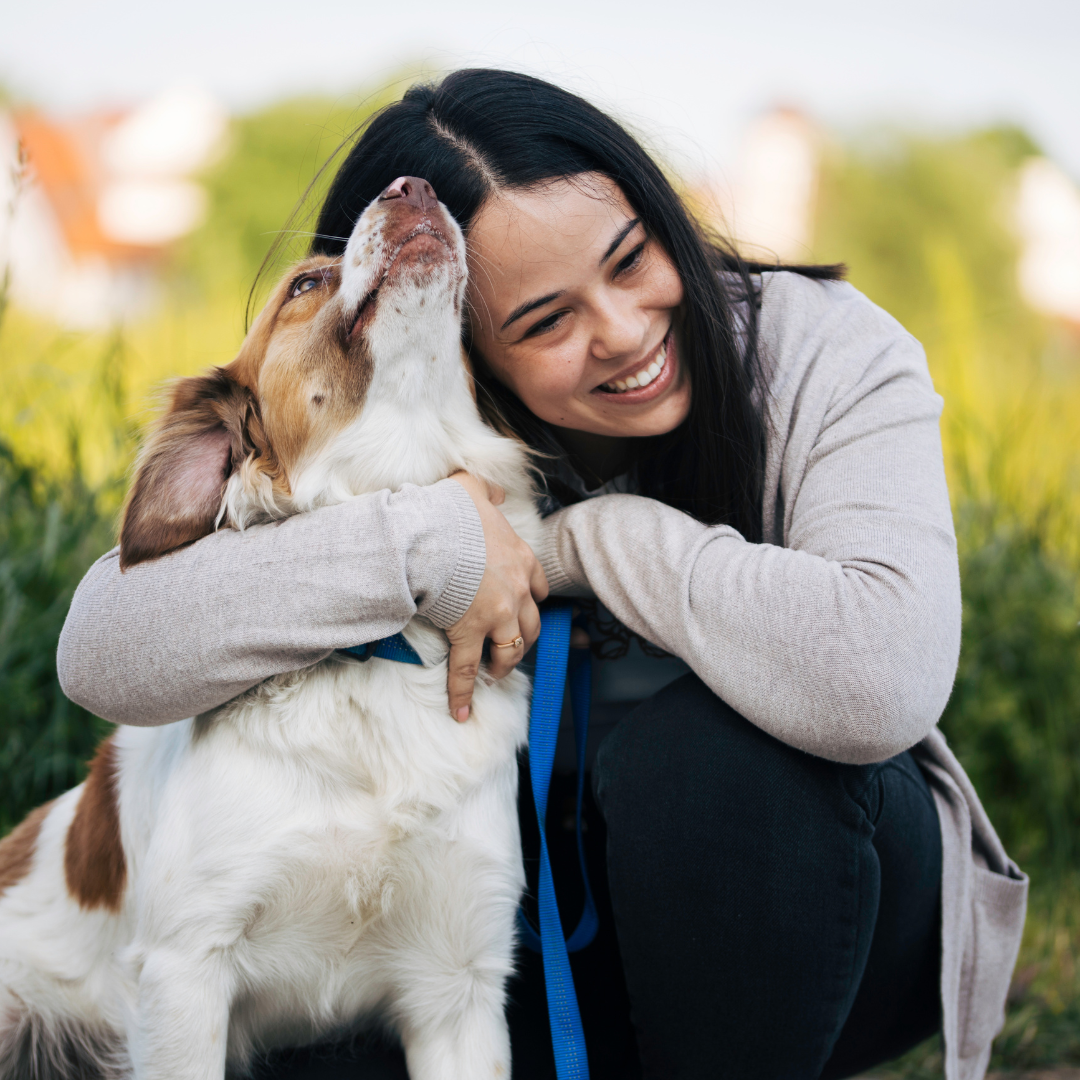
Understanding Common Dog Behavior: A Guide to Strengthening Your Bond
Dogs are more than just pets; they are loyal companions, beloved family members, and often our closest confidants.
Understanding their behavior is key to fostering a strong bond and ensuring a happy, healthy relationship.
In this article, we'll delve into some common dog behaviors, explore what they mean, and provide practical tips on how to deal with them and deepen your connection with your furry friend.
1. Barking:
Barking is a natural form of communication for dogs, but excessive barking can be disruptive and indicate underlying issues. Understanding why your dog is barking is crucial.
It could be due to boredom, fear, territoriality, or even just a desire for attention.
To address excessive barking, first, identify the trigger.
Then, provide appropriate mental and physical stimulation, train them to respond to commands like "quiet," and reward calm behavior.
Consistency and patience are key to modifying this behavior.
2. Chewing:
Chewing is a normal behavior for dogs, especially puppies who are teething or dogs who are bored or anxious.
To prevent destructive chewing, provide plenty of appropriate chew toys and outlets for energy.
Redirect their attention when you catch them chewing on something they shouldn't, and praise them when they chew on their toys instead.
Additionally, ensure they get enough exercise and mental stimulation to keep them occupied and content.
3. Jumping:
Jumping up on people is often a sign of excitement or an attempt to seek attention.
While it may be cute when they're small, it can become a problem as they grow bigger.
To discourage jumping, ignore the behavior and only give attention when all four paws are on the ground.
Teach them alternative behaviors like sitting or lying down to greet people, and reward them for appropriate greetings. Consistency and positive reinforcement will help them learn the desired behavior.
4. Separation Anxiety:
Dogs are social animals and can experience anxiety when left alone.
Signs of separation anxiety include destructive behavior, excessive barking or howling, and house soiling.
To help your dog cope with being alone, gradually desensitize them to your absence by practicing short departures and gradually increasing the duration.
Create a comfortable and safe space for them, leave them with engaging toys or puzzles, and consider using calming aids like music or pheromone diffusers.
Seek professional help if the anxiety persists.
5. Aggression:
Aggression in dogs can stem from fear, territoriality, resource guarding, or lack of socialization.
It's essential to address aggression promptly and seek the guidance of a professional trainer or behaviorist.
Avoid punishing aggressive behavior, as it can escalate the situation.
Instead, focus on positive reinforcement, behavior modification techniques, and creating a predictable environment for your dog.
Safety should always be a priority when dealing with aggression.
Building a Stronger Bond:
Beyond addressing common behaviors, there are several ways to strengthen your bond with your dog:
- Spend quality time together through activities like walks, playtime, and training sessions.
- Learn to understand your dog's body language and cues to better communicate and respond to their needs.
- Practice positive reinforcement training methods to build trust and confidence.
- Respect your dog's individual personality and preferences.
- Provide a consistent routine and environment to create a sense of security.
- Show affection and praise regularly to reinforce your bond.
Conclusion:
Understanding common dog behaviors is essential for fostering a harmonious relationship and ensuring your dog's well-being.
By addressing behavior issues with patience, consistency, and positive reinforcement, you can strengthen your bond and build a lifelong partnership based on trust and mutual respect.
With dedication and love, you and your furry friend can navigate any challenge together, creating cherished memories along the way.



Leave a comment
This site is protected by hCaptcha and the hCaptcha Privacy Policy and Terms of Service apply.